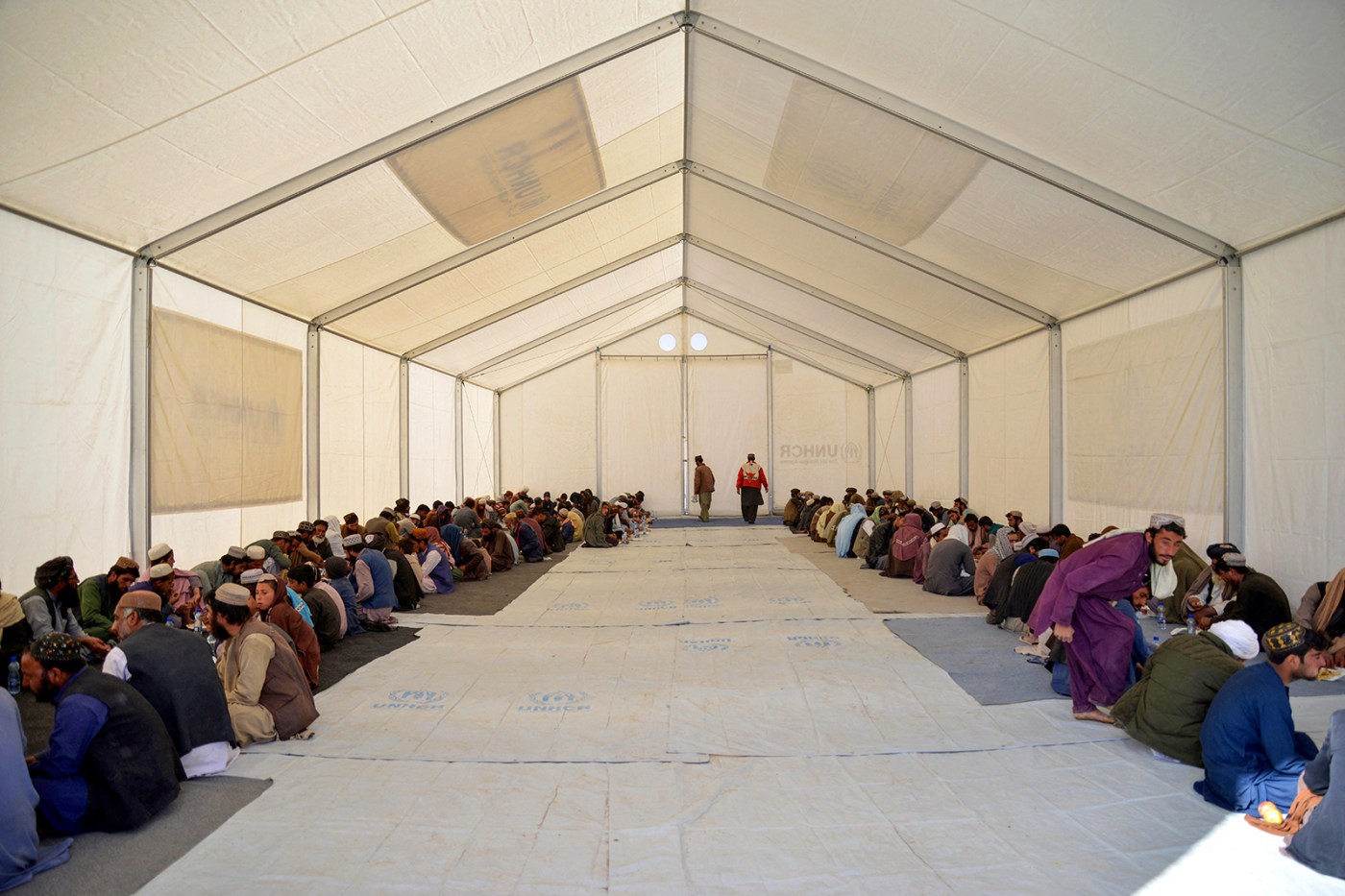
Editorial: Pakistan creating world’s next refugee crisis
Amid wars in the Middle East and Ukraine, Western governments have limited capacity to deal with another humanitarian crisis. Yet a decision by Pakistan to expel hundreds of thousands of Afghans threatens to create a new wave of refugees and destabilize an already volatile region. Preventing the chaos from spreading needs to be a priority for the U.S. and its partners.
In October, Pakistan’s caretaker government announced that all foreigners residing in the country without legal documents would have to leave by Nov. 1. Pakistan hosts more than 3 million refugees and migrants from neighboring Afghanistan, including roughly 600,000 who fled after the Taliban regained power in August 2021. About 1.7 million of them were believed to lack proper papers when the expulsion order was issued. Since then, more than 400,000 have crossed into Afghanistan.
Pakistan says its decree doesn’t target Afghans specifically. But some officials have linked the policy to a recent upsurge in attacks by militants, including Afghans, affiliated with a terrorist group called Tehreek-e-Taliban Pakistan, or TTP. Pakistani officials accuse Afghanistan’s Taliban rulers of providing the TTP’s commanders with havens from which to mount attacks against Pakistan.
The vast majority of Afghans being expelled have nothing to do with the TTP. Many have lived in Pakistan for years and are returning to a country they barely know. Others worked with NATO forces and are waiting in Pakistan for their visas to the US or other countries to be processed. As they’re pushed out, migrants have reportedly been stripped of their money and belongings. According to Human Rights Watch, some have been beaten, threatened with sexual assault or had their homes bulldozed.
In addition to the humanitarian toll, the exodus poses potential security risks. Afghanistan is already facing a dire economic crisis, with two-thirds of the population dependent on outside assistance. Refugees who can’t provide for their families may well attempt to migrate again, perhaps to Turkey and onward to Europe, exacerbating the West’s migration challenges. More likely, they’ll sink deeper into poverty and despair, fueling radicalization and providing terrorist groups such as the TTP, Islamic State and al-Qaeda with new recruits.
For those reasons, the outside world can’t afford to look away. President Joe Biden’s administration should pressure Pakistan either to reverse its policy or at least delay its implementation until after the harsh winter months, giving both migrants and Afghan officials more time to prepare.
The U.S. and others also need to live up to their own obligations to Afghans who’ve fled in fear of the Taliban. They should speed up the processing of Afghan asylum claims, provide those who’ve already immigrated a pathway to permanent residence.
.In return for Pakistan’s agreement to halt expulsions, the U.S. should share intelligence to help the government locate TTP leaders. Pakistan has a right to address legitimate security concerns. What it should not do is force innocent Afghans, who have seen too much suffering already, to pay the price.
Bloomberg Opinion/Tribune News Service
Editorial cartoon by Joe Heller (Joe Heller)

